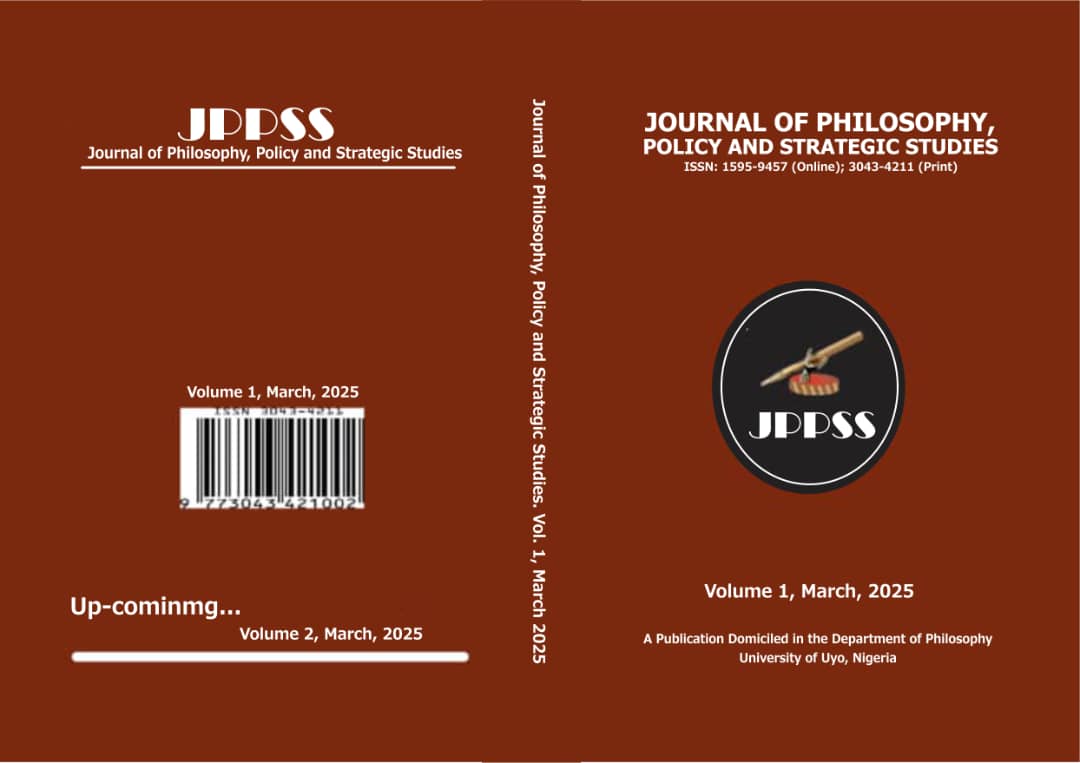FOLK MEDIA AND THE CHALLENGE OF CULTURAL PRESERVATION IN NIGERIA
By
Etimbuk Emmanuel Obot
Department of Democracy and Governance
National Institute for Legislative and Democratic Studies
National Assembly, Abuja, Nigeria
Essien Ekefre Ndueso
Office of Governor, Akwa Ibom State, Nigeria
&
Uwem Offon
Carelife Character Foundation, Uyo, Nigeria
Abstract
This study explores the role of folk media in promoting social change in Nigeria, highlighting its dual function in preserving cultural heritage and stimulating social change. Anchored in Bandura’s Social Learning Theory and Rogers’ Diffusion of Innovations Theory, it examines how folk media transmits values, norms, and innovations through storytelling, music, drama, and other indigenous communication forms. A survey of 400 respondents, including journalists, teachers, traditional leaders, and religious leaders, provided insights into its relevance, integration, and challenges in contemporary Nigeria. Findings indicate a strong awareness of the role of folk media, with 53.9% agreeing and 46.1% strongly agreeing that folk media preserves cultural values and promotes social development. Additionally, 72.2% of respondents recognised its integration into mass media as a means of encouraging social change. However, challenges such as cultural imperialism (66.9% agreement) and generational disengagement (56.4%) threaten its sustainability, as younger generations are less engaged in preserving folk traditions. The study underscores the continued relevance of folk media in addressing Nigeria’s developmental challenges, particularly in rural and marginalised communities. It calls for institutional interventions, including integrating folk media into educational curricula, funding preservation projects, and digitising indigenous communication practices. These strategies are essential to counter cultural erosion and sustain folk media as a tool for social transformation. The findings contribute to debates on cultural preservation and development communication, offering practical recommendations for policymakers, cultural institutions, and media practitioners.


